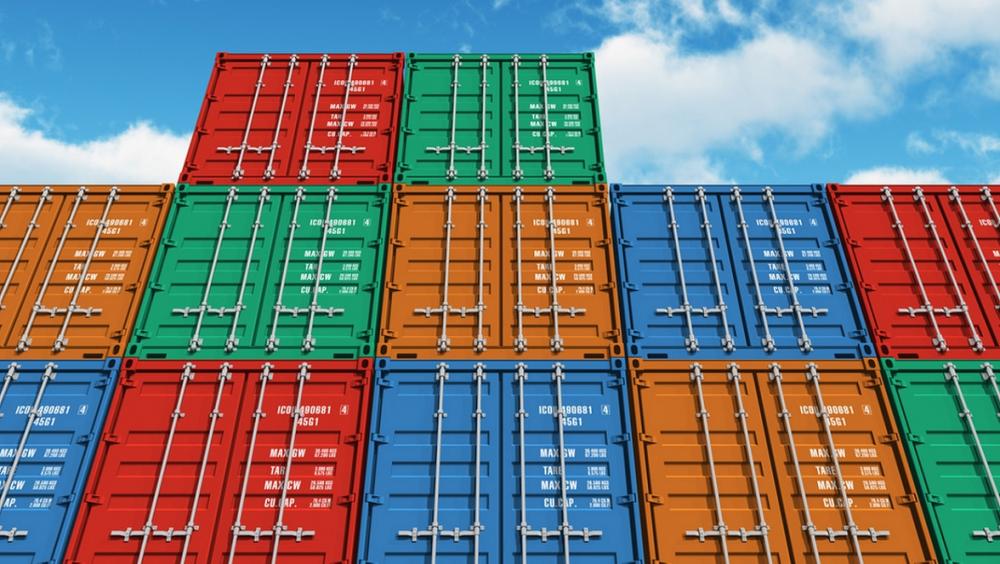
Every few years the IT industry witnesses a major technology shift. Today that new technology paradigm is the container, a Linux-based technology where a single kernel runs multiple instances on a single operating system. Since there is no hypervisor involved, containers are faster, more efficient, and easier to manage than VMs.
The company that has democratized the use of Linux containers is Docker. It deserves the credit for building a set of tools and APIs that made containers more manageable, as well as creating a vibrant ecosystem around the technology.
In a recent Enterprise Initiatives podcast, “Designing the IT Architecture of the Future”, guest speaker Adrian Cockcroft talks about the success of Docker in the container world.
The latest buzz in the IT world has been around Google’s open source container management solution, Kubernetes (which means “pilot” or “helmsman” in Greek). Kubernetes is an open source project that can be used to manage a cluster of Linux containers as a single system. It can manage Docker containers across multiple hosts, offer co-location of containers, service discovery and replication control. It was started by Google, but is now supported by Rackspace, Microsoft, RedHat, IBM and Docker amongst others.
The Kubernetes project serves two purposes; once you are using Docker containers the next question is how to scale and start containers across multiple Docker hosts, balancing the containers across them. It also adds a higher level API to define how containers are logically grouped, allowing define pools of containers, load balancing and affinity.
Kubernetes is still at a very early stage, which equates to many ongoing changes in the project, some fragile examples, and some cases for new features that need to be fleshed out, but the pace of development, and the support by other big companies in the space, is highly promising.
In more recent news, CoreOS, released Tectonic Preview, a commercial container infrastructure offering that supports Kubernetes v1.0, CoreOS, Docker, and rkt. The announcement of the CoreOS Tectonic Preview was coordinated with the release of Kubernetes v1.0 at the OSCON conference in Portland. Read the full article here.
The evolution of lightweight operating systems like CoreOS will change the way applications are deployed and managed on the cloud.
If you would like more information on this topic – check out our other blog posts, Container Madness Part Deux or Docker’s Growing Ecosystem.




